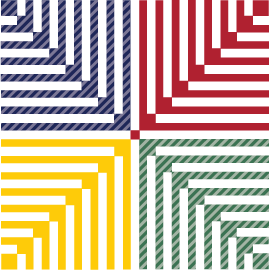TIPS ON VIEWING THIS YEAR’S VIRTUAL FESTIVAL
Which films screen on which days?
All films offered virtually can be viewed any time during the 10 days.
Can I view films virtually even if I live outside the Boston area?
Yes. Please be advised that some films have georestrictions set by the filmmaker or distributor. Each film’s georestriction is specified in its listing.
I have a ticket, now how do I view the film?
Once the festival opens, on October 13 at 6 pm, the ticket unlocks the film and makes it available for viewing. You’ll be able to watch all virtual screenings via Apple TV, Roku, and Android TV as well as screencasting from your PC or mobile device.
After I’ve started a film, can I pause it or will I lose access?
Yes, you can pause the film.
How long do I have to view the film?
From the moment you unlock a film, you have 48 hours to finish viewing it.
Where can I get support if problems arise?
On the BPFF Virtual Festival page, click on the Need Help? button in the top right-hand corner. Click to see FAQs and launch live help via Chat.
Can I use my 3 Film Pass or Full Festival Pass to attend a live screening?
No, live screenings require purchase of a separate ticket.
Still have questions?
Email us at info@bostonpalestinefilmfest.org.



